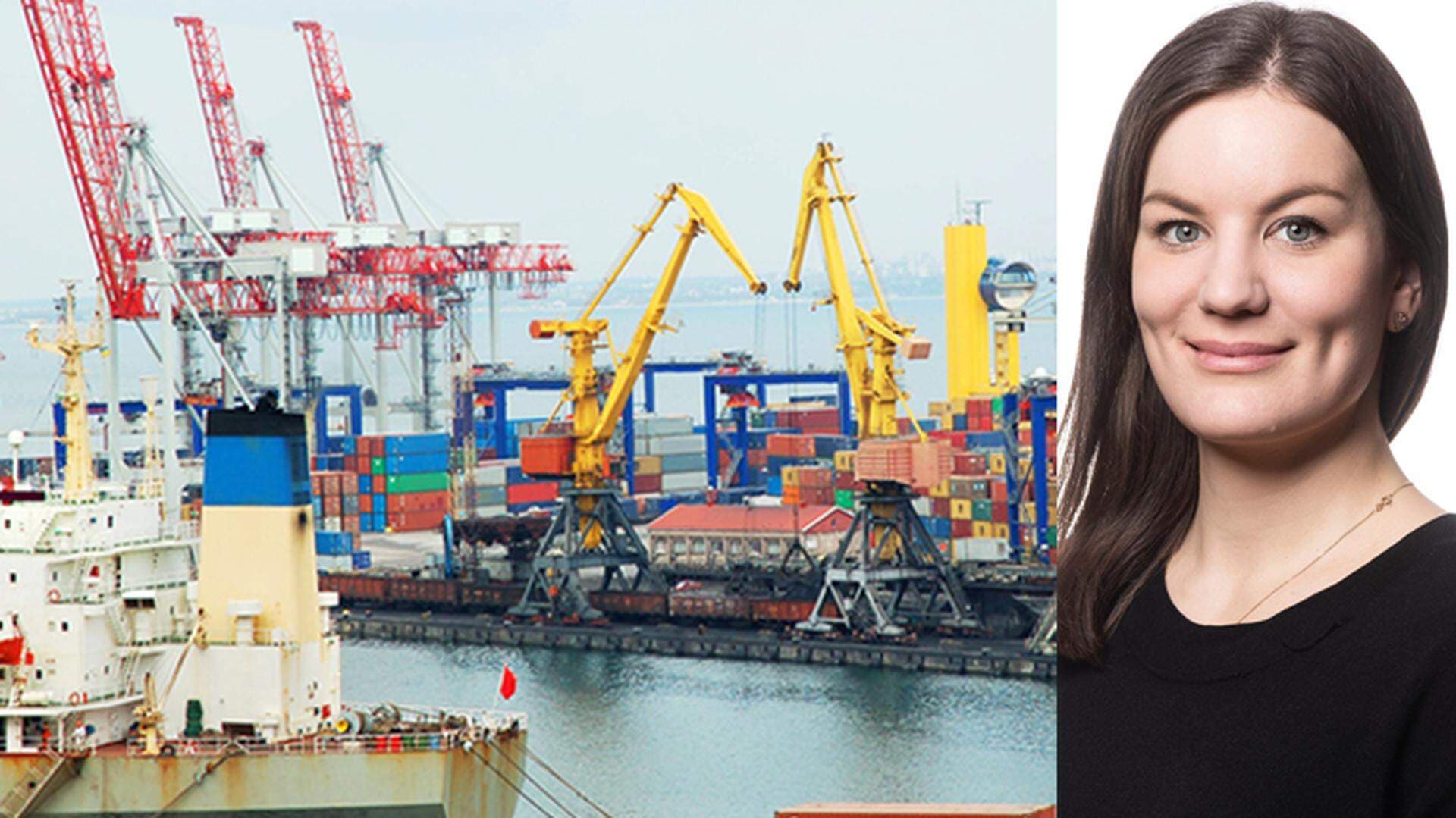Swedes like free trade – but their support cannot be taken for granted
The majority of Swedes are positive about free trade, but views of the effects of trade on the environment and vulnerability in times are crisis is divided, a survey shows.

This spring's coronavirus pandemic has caused great human suffering and an extensive economic crisis. International trade has been hit hard. In the wake of the crisis, the principles of open global trade have been challenged and weakened, by among other things the introduction of export restrictions, including within the EU itself. A growing number of political voices are arguing that companies should diversify and move production “home” to achieve greater self-sufficiency.
Worrying tendencies to restrict free trade in a range of ways have grown stronger in the world. These include growing protectionism in world trade, the trade conflict between China and the United States and the ongoing crisis in the World Trade Organization. The current coronavirus crisis risks strengthening these trends. At a time when we need more cross-border cooperation, we have instead built up barriers to trade and economic exchange. There is a risk that this development will spill over into Swedish public opinion and thus affect Sweden's current supportive stance for free trade. Such a development would be negative both for the global economy and for Sweden. Sweden is an open economy and the country’s prosperity is based on trade with other countries. Currently, there are 1.3 million jobs in Sweden supported by exports.
To learn more about the Swedish public's attitude to free trade, the Confederation of Swedish Enterprise conducted a comprehensive survey in May 2020. More than 2,000 people responded to questions about the link between trade and, among other things, jobs, consumption and the environment. An important insight was that many people lack a knowledge of what free trade really means. As many as half of the respondents had little or no knowledge of the concept of ”free trade”. Of those who do know the concept, the majority hold a positive opinion. Only five percent believe that free trade is something negative. The results also show that the greater the knowledge of free trade, the more positive the perception.
Public opinion does not seem to have experienced any strong negative shift as a result of the pandemic. As many as 75 percent of those who responded believe that trade and business relations between Sweden and other countries do more good than harm to Sweden. However, younger people, aged between 16-25 years are significantly less positive. Within this group, only 62 percent believe that trade is beneficial for Sweden. Three out of four of all respondents agree with the statement that trade with other countries creates jobs in Sweden. Three out of four also believe that trade with other countries primarily brings advantages for consumption in terms of price, supply and quality of goods and services; only one in ten sees disadvantages for consumption.
It has long been recognised that trade has helped to reduce world poverty. According to the UN and the World Bank, the proportion of the world's population living in extreme poverty has fallen from about 35 percent in 1990 to about 10 percent today. This change has happened at the same time as the global population has increased. The insights about this and the connection to international trade can be seen in the survey. Just over half of the respondents believe that trade helps people in the world move away from poverty into a better standard of living. At the same time, one in four believes that trade puts working conditions and human rights at risk in developing countries.
Public opinion is divided when it comes to the connection between trade and the environment and about the connection between trade and vulnerability in times of crisis. Just over one third of respondents consider trade to be a contributor to environmental problems, while a similarly sized proportion see trade as a solution to environmental problems. Some 43 percent believe that trade means that Sweden has access to goods and services from other countries and is therefore less vulnerable in times of crisis. However, a similarly sized (and worryingly large) group - 44 per cent - sees international trade as something that makes our society more vulnerable at times of crisis - a sentiment that could be reinforced as a result of recent events.
The truth is that without international trade, Sweden would not be able to maintain its preparedness of either food or medical equipment. Sweden is dependent on imports of goods – finished goods, inputs and raw materials - as well as on services and investments. To be able to manufacture products cost-effectively, input goods and services from a range of countries is required. Medical equipment containing advanced technology and relying on parts manufactured worldwide is no exception. It is also worth pointing out that increased national stockpiling of essential products, such as healthcare equipment, does not affect where in the world the products are manufactured.
However, this is not news. Trade and knowledge exchange between countries has been, and remains, a prerequisite for Sweden's prosperity. Strong voices are now needed both inside and outside the EU to reduce protectionism and remove those barriers to trade introduced in the spring and to further encourage and facilitate companies' international trade. Here at home, we also have a job to do. Our survey shows that the public opinion in Sweden remains relatively supportive of free trade. However, at the same time, the challenges that societies are now facing, in the wake of both the coronavirus pandemic and climate change, mean that this support cannot be taken for granted. The voices for free trade have seldom been more important than now.